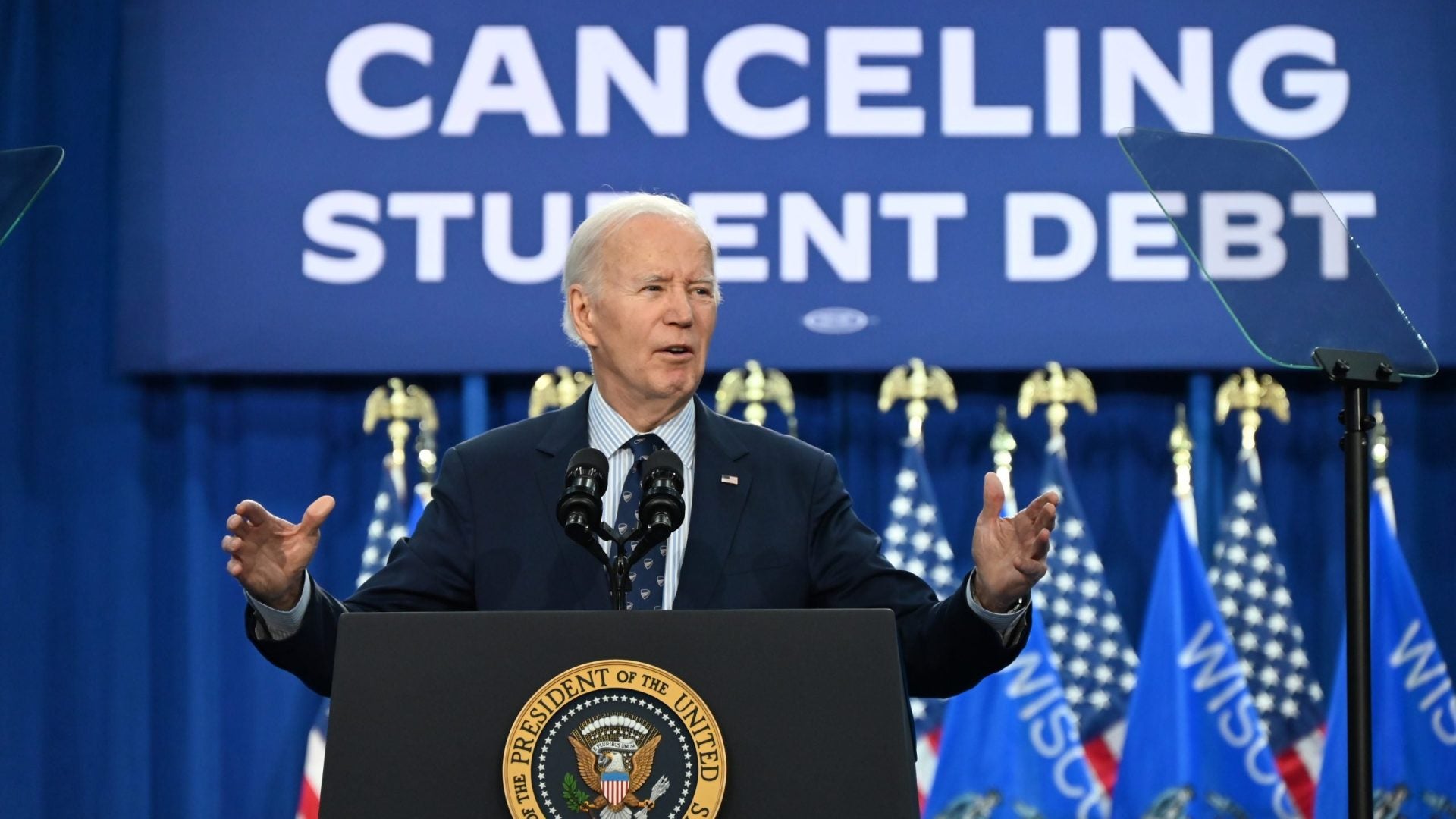
The Biden administration went from celebration to setback in less than 24 hours with its student debt relief plan. Initially, a federal judge in Georgia allowed a temporary restraining order on the program which aims to forgive loans for over 25 million Americans to expire, giving the Education Department the go-ahead to move forward. However, shortly after, the case was transferred to Missouri, where another judge quickly issued an injunction, stalling the plan once again.
This change stems from a lawsuit filed by seven Republican-led states—Missouri, Georgia, Alabama, Arkansas, Florida, North Dakota and Ohio—arguing that the administration is exceeding its authority by attempting to forgive loans before the rule is officially in place, The Washington Post reports. These states claim the policy would negatively impact state revenues and agencies like Missouri’s Higher Education Loan Authority (Mohela), which services federal student loans. U.S. District Judge Matthew T. Schelp sided with the states, agreeing they are likely to succeed in their case, saying Mohela could suffer “irreparable harm” if the relief goes through.
Missouri Attorney General Andrew Bailey praised the ruling as “a win for the American people,” saying it prevents the Biden administration from unfairly placing the burden of student debt on working Americans.
At the center of the legal battle is Biden’s new debt relief plan, which aims to help borrowers who the Education Department says have been shut out of existing forgiveness programs or are trapped in unaffordable debt. This program, designed through a federal rule-making process, is set to be finalized in the fall and offers partial or full relief to borrowers in specific situations. These include people who owe significantly more than they originally borrowed, those who’ve been paying for over 20 years and those who attended career programs that led to high debt but low earnings.







The plan also features a provision to forgive up to $20,000 in accrued interest for qualifying borrowers, regardless of income. The White House estimates this could benefit more than 25 million people when the program goes live, provided it isn’t blocked again. Overall, the administration expects the plan to cost $147 billion over a decade.
Student debt relief has become a political flashpoint as conservatives continue to oppose Biden’s efforts. They argue that the plan unfairly shifts the financial burden onto taxpayers and is a strategy to sway voters. This lawsuit represents the latest in a series of challenges aimed at dismantling Biden’s broader student loan forgiveness goals, with this new proposal being more targeted than its predecessor, which the Supreme Court struck down in 2023.






